What are the potential risks of using pain medicine during pregnancy?
 To prescribe or recommend certain types of pain medicine to a pregnant woman can be medical malpractice that can result in miscarriage, birth defects or attention deficit hyperactivity disorder (ADHD).
To prescribe or recommend certain types of pain medicine to a pregnant woman can be medical malpractice that can result in miscarriage, birth defects or attention deficit hyperactivity disorder (ADHD).
The FDA looked at the most recent research studies published in the medical literature on this subject and found that three types of pain medicines used during pregnancy had the following potential health risks:
- Non-steroidal anti-inflammatory drugs (NSAIDs) can lead to miscarriage during the first half of the pregnancy
- Opioids taken during the first trimester of pregnancy can lead to birth defects of the brain, spine or spinal cord of the baby
- Acetaminophen taken at anytime during the pregnancy increases the risk of having a child suffering from attention deficit hyperactivity disorder (ADHD)
Women who are in pain during their pregnancy should always talk to their doctor and carefully weight the risks and benefits before taking over the counter or prescription pain medicine.
The complete FDA Safety Announcement and more informations on the various studies can be found here
 New York Personal Injury Attorneys Blog
New York Personal Injury Attorneys Blog


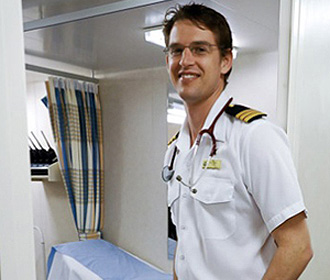 In 2011, the family of 82 year old Pasqualre Vaglio from New York sued a cruise line for medical malpractice after the medical staff on board
In 2011, the family of 82 year old Pasqualre Vaglio from New York sued a cruise line for medical malpractice after the medical staff on board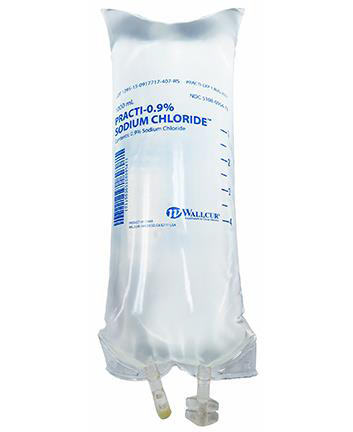
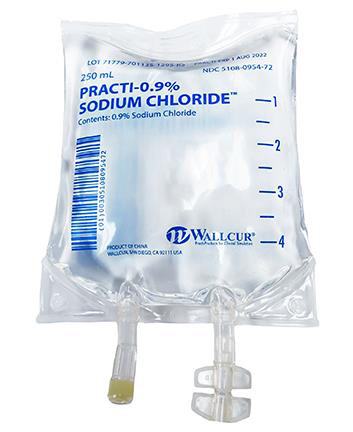
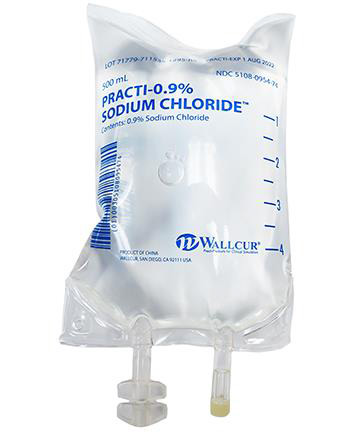
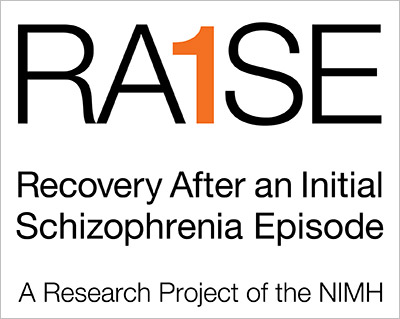
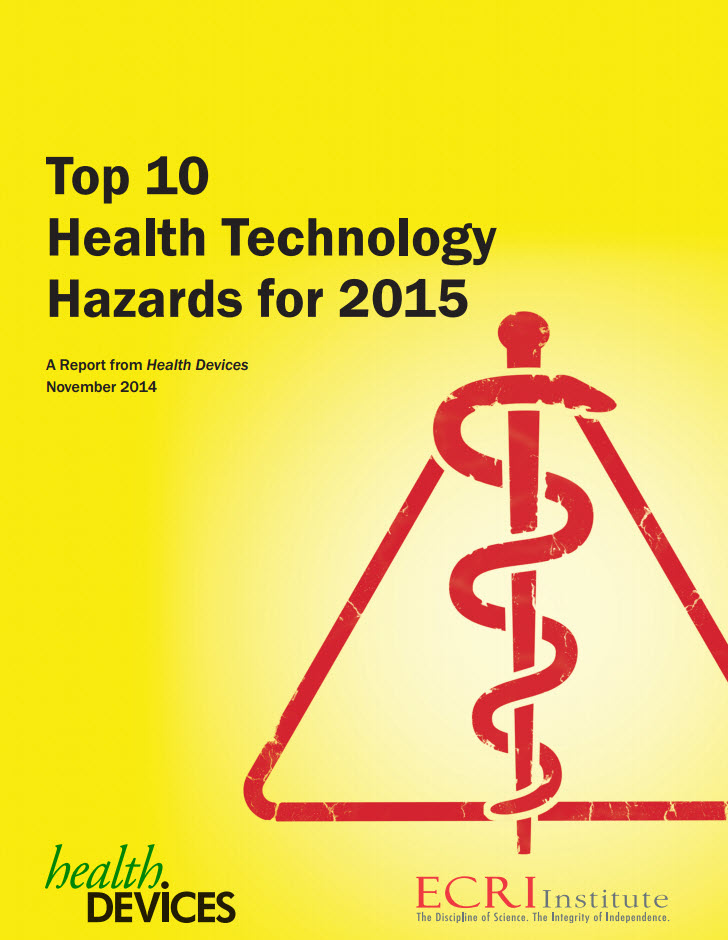 Device-related hazards can lead to medical malpractice. In its 2015 top 10 Health Technology hazards, ECRI Institute lists 10 safety topics deemed crucial for hospitals to address. Here is the list of the top 10 technology hazards;
Device-related hazards can lead to medical malpractice. In its 2015 top 10 Health Technology hazards, ECRI Institute lists 10 safety topics deemed crucial for hospitals to address. Here is the list of the top 10 technology hazards;  A settlement in the amount of $1,750,000 was obtained by our partners New York Medical Malpractice Attorneys
A settlement in the amount of $1,750,000 was obtained by our partners New York Medical Malpractice Attorneys 